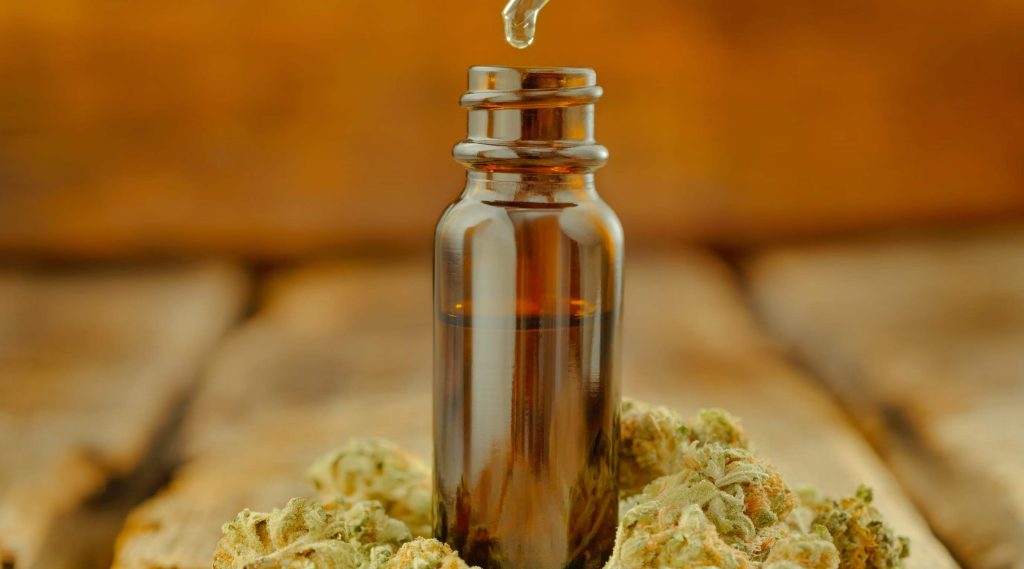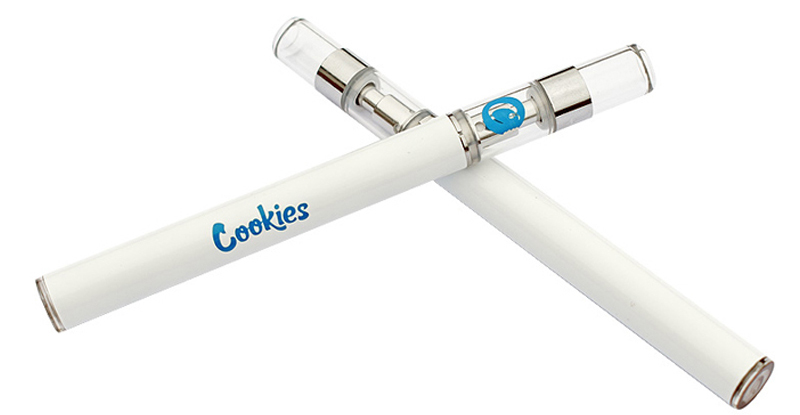THC (tetrahydrocannabinol) and CBD (cannabidiol) are both compounds found in cannabis plants but they have different chemical structures, which leads to different effects on the human body, and are often used in different contexts.
Here’s a step-by-step analysis of the differences:
1. Chemical Structure:
– THC: Has a particular chemical structure that allows it to easily bind with cannabinoid receptors in the brain, leading to psychoactive effects.
– CBD: Although chemically similar to THC, its slight structural differences prevent it from binding as effectively with cannabinoid receptors, reducing its psychoactive effects.
2. Psychoactive Effects:
– THC: It is primarily known for its psychoactive effects, which can include euphoria, relaxation, altered senses, and time perception, but also anxiety and paranoia in some individuals.
– CBD: It is non-psychoactive, meaning it does not produce the “high” associated with THC. CBD may influence other receptors, including opioid receptors that regulate pain and glycine receptors involved in the regulation of the “feel-good” hormone serotonin.
3. Legal Status:
– THC: In many jurisdictions, THC is a controlled substance due to its psychoactive effects. Its legal status can vary greatly by country and state, with some places having legalized it for medical and/or recreational use.
– CBD: It is generally legal in more places than THC, especially if it’s derived from hemp (which by legal definition must contain less than 0.3% THC by weight in the U.S.). However, its legal status can still vary and it’s important to check local laws.
4. Medical Uses:
– THC: It is used to treat conditions like pain, muscle spasticity, glaucoma, insomnia, low appetite, nausea, and anxiety. It’s available by prescription in some areas as dronabinol or Marinol.
– CBD: It is used for various health issues such as inflammation, pain, epilepsy, mental disorders, migraines, and can reduce the unwanted psychoactive effects of THC. The FDA has approved a purified form of CBD called Epidiolex for the treatment of certain seizure disorders.
5. Products:
– THC Oil: Typically, it is used for recreational or medicinal purposes and can be found in various concentrations.
– CBD Oil: Can be found in a variety of products, including dietary supplements, bath soaks, drinks, and food.
6. Side Effects:
– THC: Potential for cognitive impairment, memory issues, and potential for dependency or addiction, especially with prolonged high-usage.
– CBD: It is generally well-tolerated, but some users may experience side effects such as dry mouth, diarrhea, reduced appetite, drowsiness, and fatigue.
7. Extraction:
– THC Oil: Extracted from strains of cannabis that have high THC content.
– CBD Oil: Usually extracted from strains of cannabis that are high in CBD and low in THC, like hemp.
8. Interaction with Other Medications:
– THC and CBD can both interact with other medications. CBD, for example, can inhibit the enzyme system (cytochrome P450) in the liver that metabolizes many pharmaceuticals, which can affect drug potency and side effects.
When considering using THC or CBD oil, it’s important to be aware of the legal implications, the desired effects or outcomes, and any potential health risks or interactions with other medications. Consulting with a healthcare provider is always recommended to ensure safety and efficacy.
Learn more at https://vapesale420.com/



